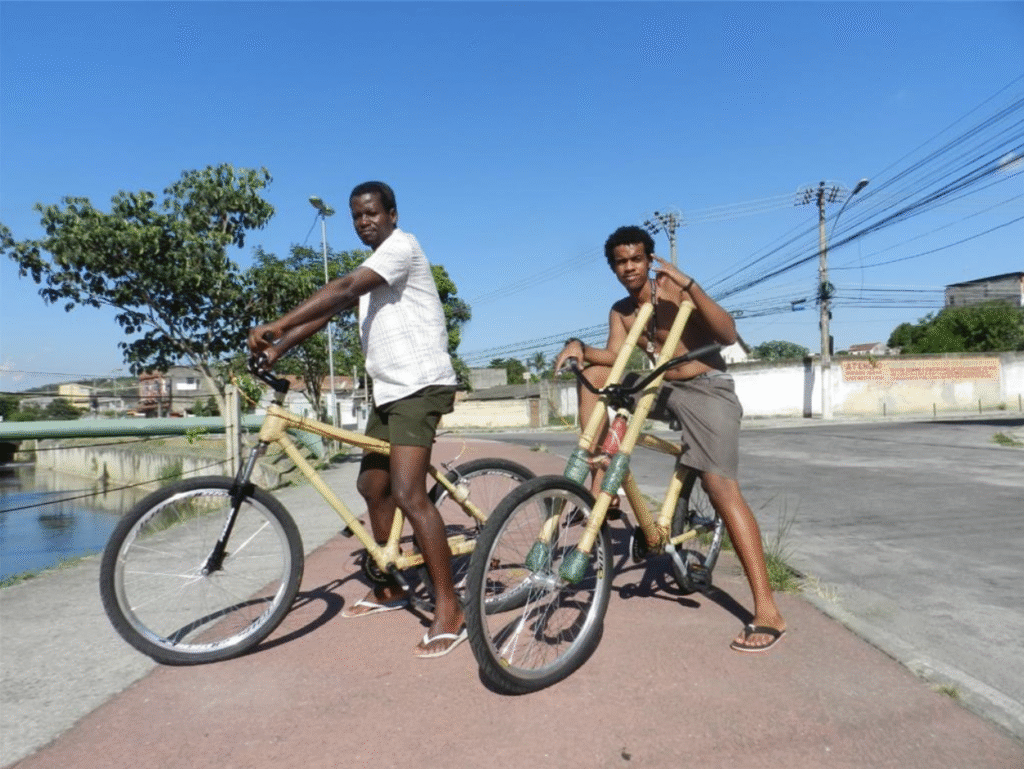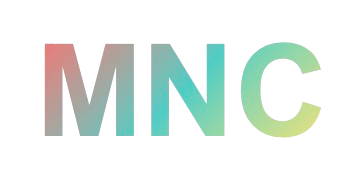Description
Rio de Janeiro witnessed one of the largest forced evictions in history in the years leading up to the 2014 World Cup and 2016 Summer Olympic Games. Thousands of people in low-income areas were required to leave the areas around the international airports and favelas in wealthy parts of the city. This was to free up space for the construction of new transit infrastructure, stadiums, and to hide the widespread poverty from international visitors. Many of these residents ended up in Queimados, a county in the Rio de Janeiro metropolitan area known for poverty and violence. This, coupled with the lack of jobs and transportation for these newcomers, increased the poverty and drug trafficking in the region. It has caused Queimados to be ranked the most populous city in Brazil since 2017.
Carlos “GreenBike” de Oliveira was one of the people to experience the difficult mobility in Queimados. One day, unable to pay for public transportation, he decided to ride his bike to work in the City of Rio (50 kilometers away). Despite it taking him four hours, he kept doing it to show that bikes are cheaper and more sustainable than normal public transportation. The normal buses and trains are too expensive for the average citizen, they are overcrowded, and do not follow a schedule. This makes them unreliable, consuming a large portion of a person’s time, and where they could be. Unfortunately, at this time, bikes were not readily accessible in Queimados. They were viewed as an elite leisure mobility option and considered unsuitable for low-income communities due to their price and lack of bike lanes in poorer regions.

Carlos de Oliveira decided to start Pedala Queimados (Ride Queimados) to improve the lives of other Queimados residents by offering them opportunities for personal mobility, work, and making the area a more sustainable and “green” city. He, along with other volunteer workers, started to recover and fix abandoned bikes from wealthy zones in Rio de Janeiro. However, it was not enough to meet the demand for alternative mobility. In 2019, a Dutch craftsman, Klaus Volkmann, decided to help by leading a workshop for the Queimados community to show them how to build their own bikes out of bamboo frames.
All of this increased the availability of bikes, created new jobs, and occupied the youth population who were formerly working for drug dealers. Pedala Queimados started selling or renting bikes for delivery workers, helping contribute to the growing gig economy in the region. They made renting the bikes simple, with no proprietary apps needed. They used two platforms most people were already familiar with, WhatsApp and Google Forms. They would have people fill out a Google form on the project’s page, then have them rent the bike via WhatsApp. For renting, they had three options; rent a bike daily for $5 for 2 hours of use, rent monthly for $40 for 2 hours a day, or rent for a family for $80, where up to three people can use bikes for up to 2 hours a day every month. The overall goal of this was to provide alternative modes of reliable, affordable transportation to the region and create a self-sustainable community by teaching its members to build their own bikes. Hence, they solved both a transportation problem in their region and employed people who otherwise would not have had any work.
Connection to Mobile Networked Creativity
Pedala Queimados is an example of networked creative mobility. Although the idea of Pedala Queimados is normally attributed to Carlos “Green Bike,” a closer look at the project unveils how it emerged from the collaboration among community members to solve a critical community need. This grassroots rental system demonstrates that the integration between mobility and mobile technologies does not necessarily need to be shaped by proprietary apps—rather, existing apps can be repurposed and used to connect people and people with mobility systems. This process is made possible through mobile technologies that introduce and form a network of people that are then connected to another network of mobility systems. The Queimados’ community appropriated these platforms for a new purpose, transforming a chat app into a business tool that coordinates and delegates public access to mobility. Without the combination of all these elements, the community would have had difficulties connecting with these mobility opportunities that allow them to rent bikes for durations that are most meaningful and useful to their everyday lives.
Location
Queimados, Rio de Janeiro, Brazil
To Learn More
- Nicole Froio, “One Year to Go to the Olympics Roundup: Evictions, Gentrification, Public Security & Environment,” Rio On Watch (2015).
- Daniel Cerqueira et al., “Atlas da Violência: Retratos dos municípios Brasileiros” (Rio de Janeiro: IPEA (Instituto de Pesquisa Econômica Avançada), July 2019).
- Mobilize Brasil, “Support the Pedala Queimados Campaign,” Mobilize Basil (2021).
- Ben Bildsten, “Pedala Queimados: Biking to ‘Change the Zip Code of Opportunity’ [PROFILE],” Rio On Watch (2019).
- Art Bike Bamboo, “Porto Alegre, RS, Brazil.”
